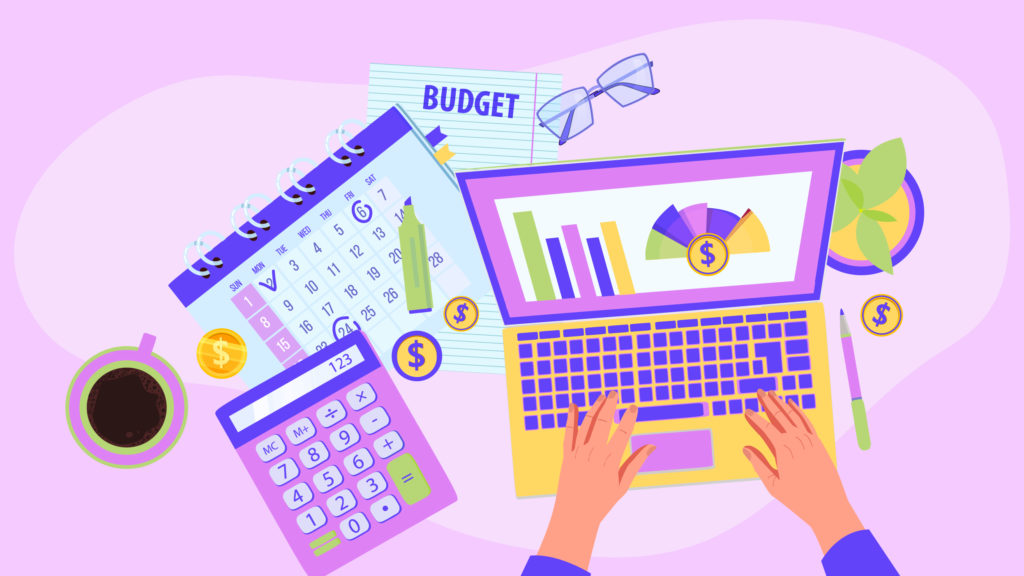Learn quick and easy ways of how to reduce debt

Learn quick and easy ways of how to reduce debt. Finance is a large part of a person’s life. Who doesn’t require substantial amount of money to lead a happy and fulfilling life.
What you need to know to be a mindful shopper

What you need to know to be a mindful shopper. The pandemic has placed enormous pressure on the global supply chain, which has led to retailers warning goods will take longer to arrive than they would have before the pandemic.
Loss of employment

Loss of employment. Losing a job is one of the most stressful things that can happen to a person.
Disorganised finances

Disorganised finances. A persistent, nagging fear of money is all too real for many people. The medical word for it is Chrematophobia, also known as Chrometophobia and its sufferers have a much higher likelihood than average to experience financial stress. The individual reasons are probably as varied and nuanced as the number of sufferers, but […]
What to do if lockdown has caused me financial stress

What to do if lockdown has caused me financial stress. Right now, millions of Australians are under public health orders to stay at home in an attempt to reduce the spread of the Delta variant of the Covid-19 virus all around the country. More than half of all Australians face this uncomfortable but necessary reality, […]
Why you need to stay mindful with your use of ‘buy now pay later’ services

Buy now pay later. Popular new payment services like Afterpay, Openpay, Zip Pay and soon, Paypal’s ‘Pay in 4’ – collectively known as ‘buy now pay later’ services – perform something of a trick in the minds of consumers. The trick results in people walking out of a store with a television, a carry bag […]
How to maintain a budget

How to maintain a budget. Setting up a budget is a great step toward improving your relationship with money and, ultimately, your financial position.
How to budget successfully

How to budget successfully. Last week, we established that budgeting isn’t easy, so you need to understand why it’s a behaviour that must be followed up with regular—and even daily—actions.
Why do a personal budget

Why do a personal budget. We have started a new financial year. Like in previous financial years, new rules come into effect.